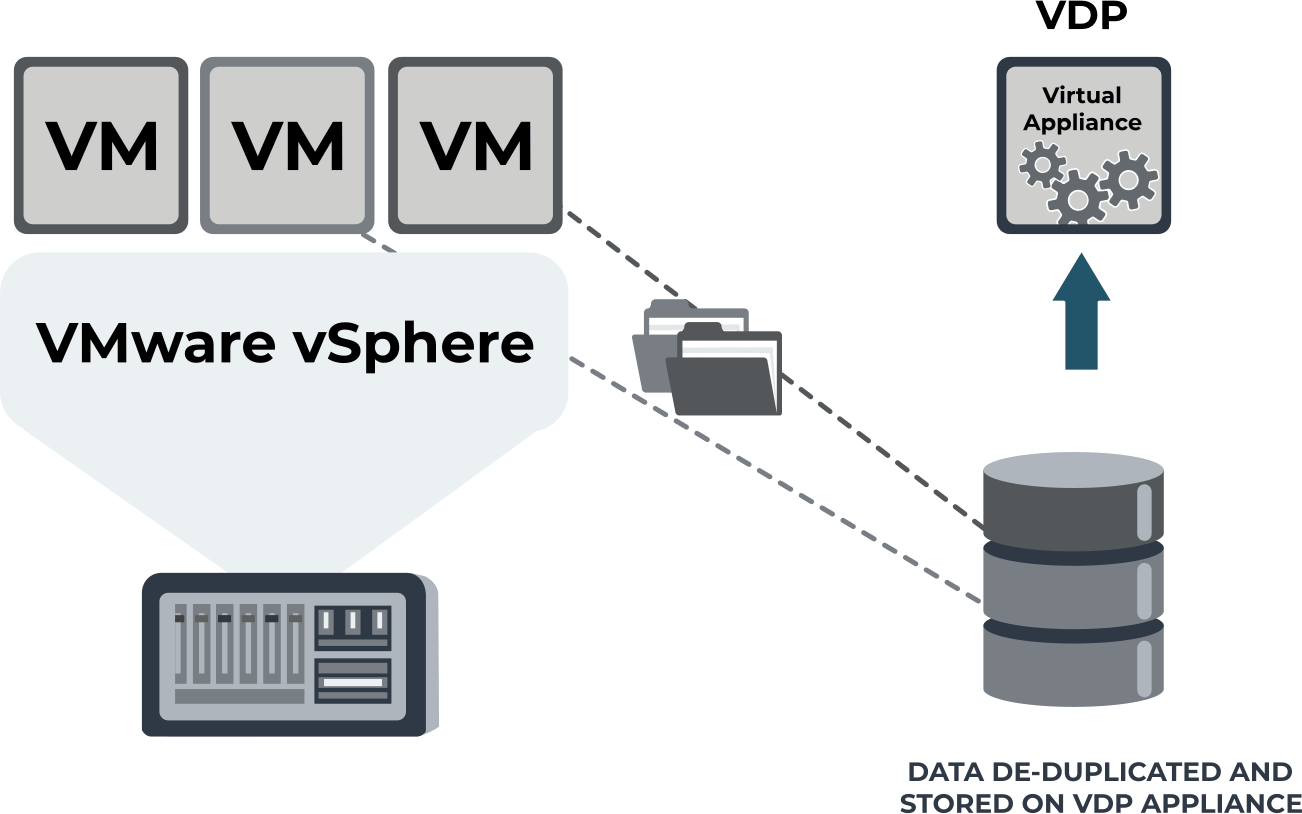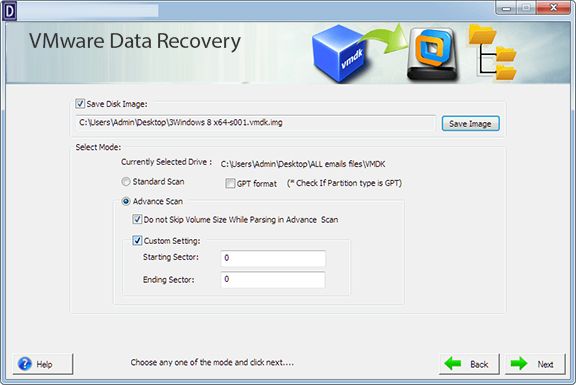

Some of such file systems include VMFS, NTFS, FAT, EXT3, HFS, etc Supports a wide range of file systems: As aforementioned, AnyRecover supports multiple file systems, including file systems associated with virtualisation. AnyRecover supports every single type of fil extension within computing spheres, hence its preference as the data recovery to get the job done.

Recover 1000+ kinds of file formats: With AnyRecover, you can be sure to recover any type of data, regardless of location on the device as well as file extensions.
VMWARE DATA RECOVERY SOFTWARE
Thanks to a very interactive graphical user interface, virtually any user with little amount of tech-exposure can easily navigate the software and recover their files. Recover lost or deleted data for all virtualisation in minutes: With AnyRecover, you can recover lost data within virtualisation platforms and in the shortest possible time frames. Some of such extensions include, NTFS, exFAT, APFS, FAT16, FAT32, HFSX and HFS+ to mention but a few. Thankfully, AnyRecover supports a plethora of files extensions including many file extensions which are closely associated with virtual machines generally. You can improve your chances of seamless data recovery by simply halting the use of your virtual machine as soon as you realise that you need a recovery. With AnyRecover, you can recover your VMware files from a formatted drive, a deleted drive, or a storage device provided the data is yet to be overwritten by consequent data.
VMWARE DATA RECOVERY HOW TO
AnyRecover is the data rescuer for your VMware Data Recovery.Ģ How To Recover Lost Data On VMware With AnyRecover? However, there is a need to have such capabilities especially when the need arises to deal with lost files which may need to be recovered. 1 Is it Possible to Recover Deleted Files from VMware?ĭue largely to the absence of built-in utilities which may aid data recovery in virtualisation as aforementioned, there is a more pronounced tendency for users to lose files and accept their fate owing largely to the complicity associated with the process of data recovery on most virtualisation platforms. While accidental deleting and the process of formatting hard disks may lead to loss of data, virtualisation software does not necessarily provide built in recovery utilities, hence making data recovering on virtual machines a more complicated endeavour. LineRescue Recover Deleted files from Win/Hard Drive
VMWARE DATA RECOVERY FOR ANDROID
VMware Data Recovery backup service is now fully working again.AnyRecover for PC Recover Deleted files from Win/Mac/Hard DriveĪnyRecover for iOS Recover Deleted files from iPhoneĪnyRecover for Android Recover Deleted files from Android When both Recatalog and Integrity check tasks have been completed successfully, all previous backups ( restore points) are available again in the Restore panel. Once the service has been restarted, the system automatically performs the Recatalog task. Restart service datarecovery with the command: Stop datarecovery service with the command:Īccess the backup sharing configured in the Data Recovery appliance from menu Configuration > Configure > Destination, select folder store.lck and delete it. Login the system typing username and password. Start vCenter Server and access to VMware Data Recovery console launching the Virtual Machine Console. Please try again later.įor this problem, the fix requires that store.lck folder in the backup sharing is deleted. The Unmount operation failed because the Destination may be in use.

Trying to Unmount the NAS share used for the backup, system answers giving an error message: VMware Data Recovery appliance cannot complete the backup job due to the integrity check error blocking the backup schedule.Ĭhecking the logs from Configuration > Configure > Log panel, the reason why last backup has failed is notified as Destination index invalid/damaged.Ĭhecking the Restore panel, no restore points are available to the system making previous backups unusable.


 0 kommentar(er)
0 kommentar(er)
